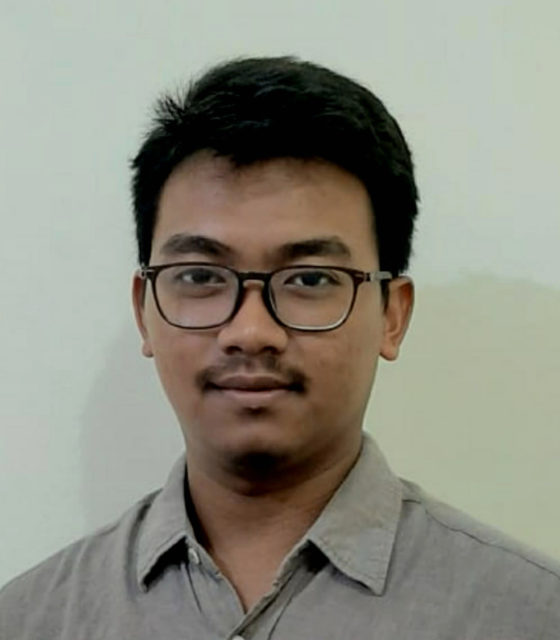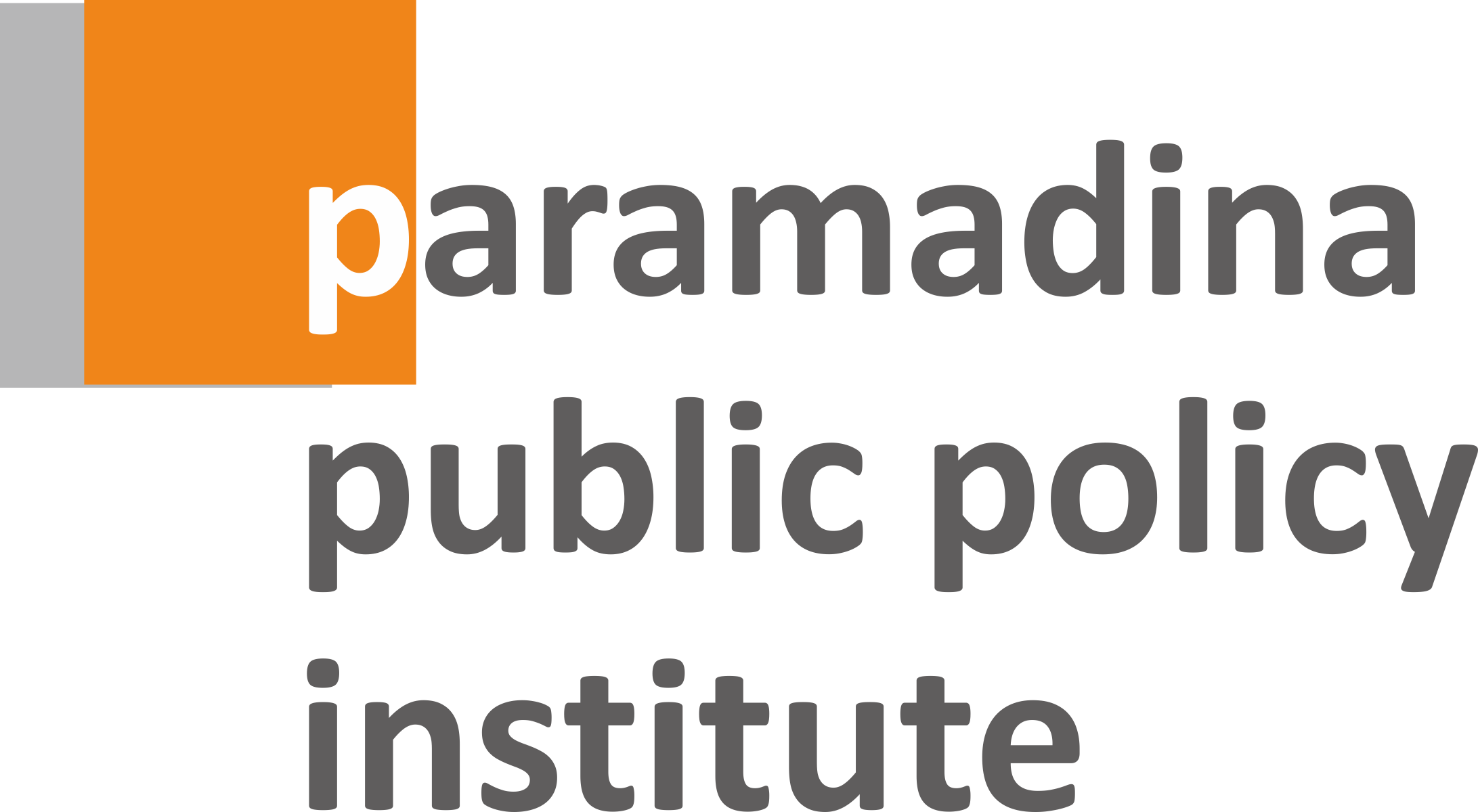Rosyid Jazuli, MPPAffiliate researcher (currently on study leave)

- Public Policy
- Political Economy of Policymaking
- Youth Organization and Empowerment
- MPP, Victoria University of Wellington
- BA, Paramadina University
As a public policy researcher and analyst, Rosyid developed his interest in public policy and economic analysis when he joined the Indonesian Vice President Jusuf Kalla’s team in 2013. He then joined Paramadina Public Policy Institute in 2014, advancing his expertise in public policy studies, and helping the think tank with conducting research in many fields like economy, education and other policy issues. Currently, his focus includes youth representation in politics and the political economy analysis of public policy reform processes. He holds a master’s degree in public policy from Victoria University of Wellington and a bachelor’s degree from Paramadina University. During his study in New Zealand, Rosyid was chief of the Indonesian Students Association in NZ. He is currently an affiliate researcher at PPPI and advisor for some youth organizations. It means Rosyid is no longer actively involved in PPPI’s research activities as currently, he is pursuing a PhD (2020 – now) at the Department of Science, Technology, Engineering, and Public Policy (STEaPP), University of College London (UCL). Nevertheless, he can still be reached through [email protected].

![[PAPER] A review of Indonesia's JETP through the dynamics of its policy regime](https://policy.paramadina.ac.id/wp-content/plugins/js_composer/assets/vc/vc_gitem_image.png)